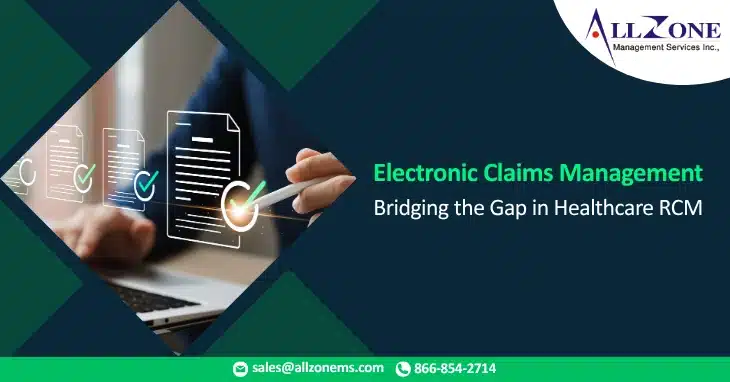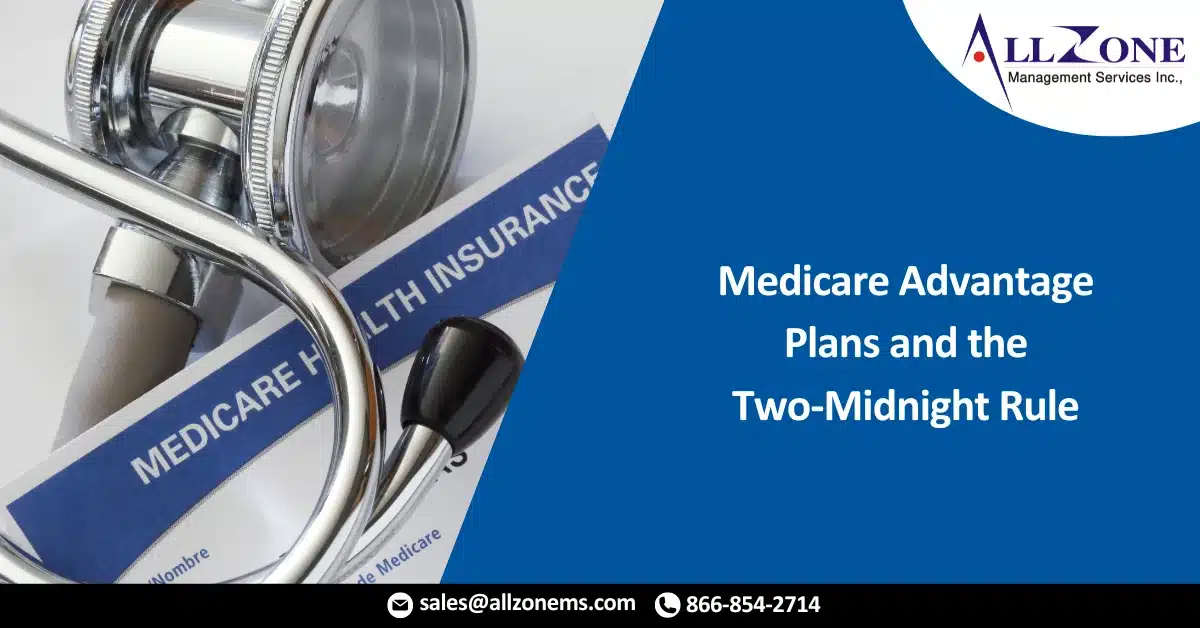The U.S. healthcare industry continues its digital transformation, with providers and payers embracing electronic transactions to streamline revenue cycle management (RCM) processes. According to the CAQH Index, adoption of electronic claims management transactions—such as eligibility verification, claim submissions, and claim status inquiries—has reached or surpassed 80% for many transaction types. However, significant gaps remain in […]
Charge Capture in Healthcare, a critical component of the revenue cycle management process, involves the accurate and timely documentation of all services rendered to patients. This includes procedures, tests, medications, and other healthcare services. While it may seem like a simple task, effective healthcare charge capture is essential to ensure optimal revenue cycle performance and […]
Getting bogged down by authorization denials? You’re not alone. Here, we explore common roadblocks and effective strategies to keep your revenue flowing smoothly. Challenge: Drowning in Last-Minute Authorizations Solution: Divide and Conquer with a Multi-Team Approach Separate teams can tackle present and future authorizations. The “Today” team verifies benefits and identifies authorization needs for upcoming […]
GET OUT YOUR 2019 CPT® CODE BOOKS. YOU HAVE SOME CODE CHANGES TO MAKE. Effective July 1, 2019, the American Medical Association (AMA) is adding 21 new lab codes and deleting one in Appendix O, Multianalyte Assays with Algorithmic Analyses and Proprietary Laboratory Analyses. Deleted 0057U Oncology (solid organ neoplasia), mRNA, gene expression profiling by […]
The Centers for Medicare & Medicaid Services (CMS) issued a policy change modification to the claims processing logic for Modifier 59 Distinct procedural service (and the optional patient-relationship modifiers XE, XS, XP, and XU) on February 15, 2019. These modifiers are only processed when applied to the Column 2 code in a bundled pair, per Correct Coding Initiative […]
Controversy continues to swirl around this subject. A recent article of mine focused on the argument that Medicare Advantage (MA) plans have to follow the two-midnight rule. It certainly generated buzz; I received a number of emails with comments and questions. First, I want to note that I love getting comments and questions. I can’t […]
Undercoding, or reporting a lesser service than was performed and documented, is sometimes employed as a defensive strategy to stave off claims denials or audits. But, undercoding can make a provider an outlier, and may create consequential patient care, compliance, and financial liabilities. For example: Undercoding Leaves Money On The Table, Driving Down Provider Reimbursement […]
As providers engage in complex payment models and collect more from patients, they must learn to automate key functions to improve healthcare revenue efficiency. The healthcare revenue cycle has many moving parts. From patient access and registration to medical billing and coding, provider organizations of all sizes must achieve revenue cycle efficiency to ensure providers […]
Technology can transform data into actionable insights for providers needing to meet the demands of value-based care and consumerism in healthcare. Transforming raw data into actionable information is crucial to the financial future of provider organizations, especially as pressure builds on providers to align their care delivery approach with value-based care and consumerism in healthcare. […]
Ending surprise medical bills has risen to a national priority with bipartisan political interest. In January, President Donald Trump directed Cabinet officials to find a solution, and multiple congressional bills were proposed in the last Congress with the same goal. Surprise medical bills consist of unanticipated charges from out-of-network clinicians—often when the facility or primary physician is […]










